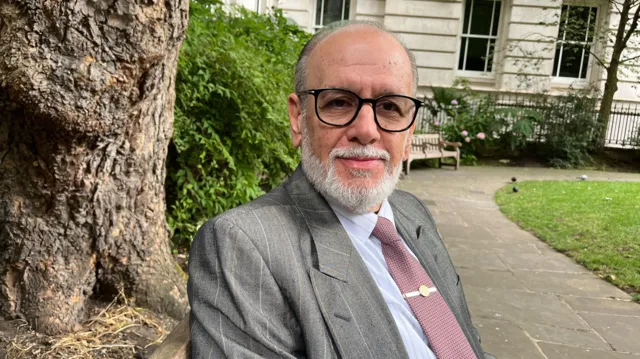7/7 Bus Driver Shares Harrowing Account and Message of Hope
George Psaradakis, a bus driver whose route through central London on July 7, 2005, became the scene of unimaginable tragedy, has shared his deeply personal and poignant account of the 7/7 bombings. On that fateful morning, as Psaradakis drove the number 30 bus, the air was filled with a palpable sense of optimism, with passengers discussing London’s successful bid to host the 2012 Olympic Games. This shared joy was violently extinguished when a bomb detonated as the bus entered Tavistock Square, resulting in the deaths of 13 passengers and injuring over 100 more.
Psaradakis, now 70 and originally from Greece, was physically unharmed in the blast but deeply affected by the carnage he witnessed. He described the day as “macabre” and “gruesome,” and the loss of life as occurring in a “barbaric way.” The 7/7 attacks were a series of coordinated bombings targeting London’s public transport system. In addition to the explosion on the number 30 bus, three other devices detonated on the London Underground network near Aldgate, Edgware Road, and Russell Square stations. These attacks claimed the lives of 52 innocent people and injured more than 770.
Returning to London for the 20th anniversary commemorations, Psaradakis felt it was important for the city, and the world, to remember the events of that day. His faith has been a source of strength, and he continues to pray daily for the victims. “Every July it comes to my mind, all those sad memories,” he shared. “But coming to England and participating in the memorial makes me happy to participate. I think we have to commemorate them.”
Psaradakis’s core message is one of profound humanism and reconciliation. He rejects the notion that terrorism achieves any positive outcome, emphasizing the self-destructive nature of such acts. “What have the terrorists achieved? When the terrorist went on my bus, he condemned himself. He beheaded himself and by doing that inhuman crime he killed all those innocent fellow human beings.” Instead of succumbing to hatred, he advocates for love and mutual understanding: “Instead of hating one another, we should love one another. It was inhuman. But at the same time there was lots of humanity.”
‘Their souls are alive’
He finds comfort in the belief that the victims are in a better place, stating, “Their souls – they are alive. For me, I believe they are in the arms of God in paradise.” His words serve as a powerful testament to resilience, the importance of remembrance, and the enduring power of compassion in the face of horrific violence.

